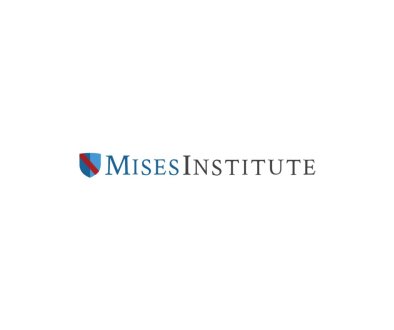9th Circuit Revives Challenge to Community College “Diversity, Equity, Inclusion, and Accessibility” Requirements for Teaching and Other Professional Work
Here’s a short excerpt from the Nov. 2023 Report and Recommendations by Magistrate Judge Christopher D. Baker (E.D. Cal.) in Johnson v. Watkin; the plaintiff is a history professor at Bakersfield College, a California public community college. The opinion is long, so I’ve excerpted it heavily; read the whole thing for more of the legal analysis, and the interesting and contentious factual backstory. The District Court dismissed the case, holding that plaintiff lacked standing, but just today a Ninth Circuit panel (quoted below) reversed that standing decision as to this issue, so the matter will go back down to the lower court.
Cal. Code of Regs. § 53602(a) [“Advancing Diversity, Equity, Inclusion, and Accessibility in Evaluation and Tenure Review Processes”] requires faculty demonstrate (or progress toward) proficiency in the locally-developed DEIA [diversity, equity, inclusion, and accessibility] competencies, or those published by the Chancellor for their evaluation, including tenure review. For instance, § 53602(b) provides that “District employees must have or establish proficiency in DEIA-related performance to teach, work, or lead within California community colleges.” Similarly, § 53605(a) provides that “Faculty members shall employ teaching, learning, and professional practices that reflect DEIA and anti-racist principles, and in particular, respect for, and acknowledgement of the diverse backgrounds of students and colleagues to improve equitable student outcomes and course completion.”
Likewise, § 53605(c) provides that “[s]taff members shall promote and incorporate culturally affirming DEIA and anti-racist principles to nurture and create a respectful, inclusive, and equitable learning and work environment.” [Defendant California Community College Chancellor Sonia Christian’s] characterization of these regulations as merely “articulat[ing] the aspirational goal” of promoting DEIA is disingenuous—by their plain language, the regulations require faculty members like Plaintiff to express a particular message.
The Supreme Court “[has] held time and time again that freedom of speech ‘includes both the right to speak freely and the right to refrain from speaking at all.'” Moreover, compelling individuals to mouth support for views they find objectionable, like the government’s preferred message, violates the “cardinal constitutional command” that “‘no official, high or petty, can prescribe what shall be orthodox in politics, nationalism, religion, or other matters of opinion.'”
The principles behind DEIA regulations may be laudable to some, to many, and maybe to most. But as the District Defendants tacitly acknowledge, they involve “politically charged” and “potentially polarizing” issues. For Plaintiff, his “conscience doe
Article from Reason.com

The Reason Magazine website is a go-to destination for libertarians seeking cogent analysis, investigative reporting, and thought-provoking commentary. Championing the principles of individual freedom, limited government, and free markets, the site offers a diverse range of articles, videos, and podcasts that challenge conventional wisdom and advocate for libertarian solutions. Whether you’re interested in politics, culture, or technology, Reason provides a unique lens that prioritizes liberty and rational discourse. It’s an essential resource for those who value critical thinking and nuanced debate in the pursuit of a freer society.



